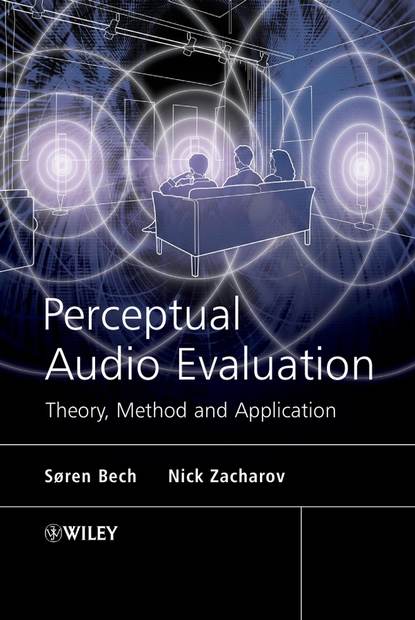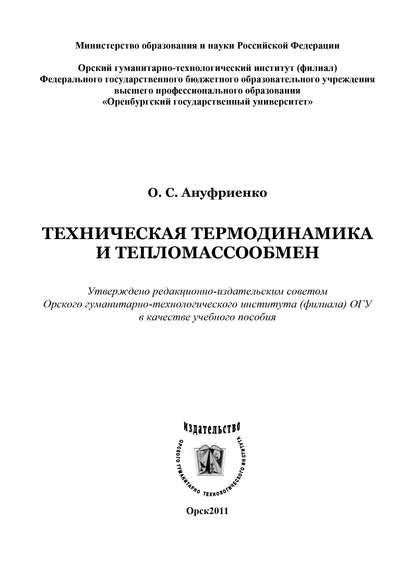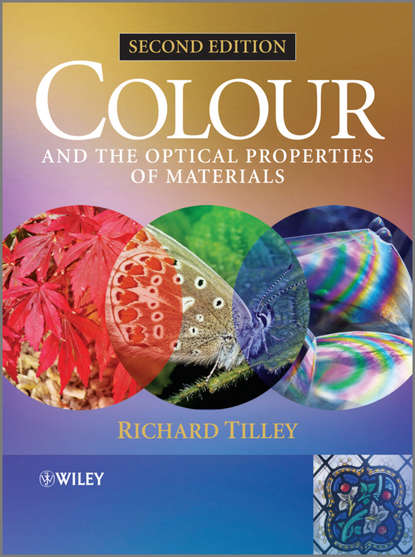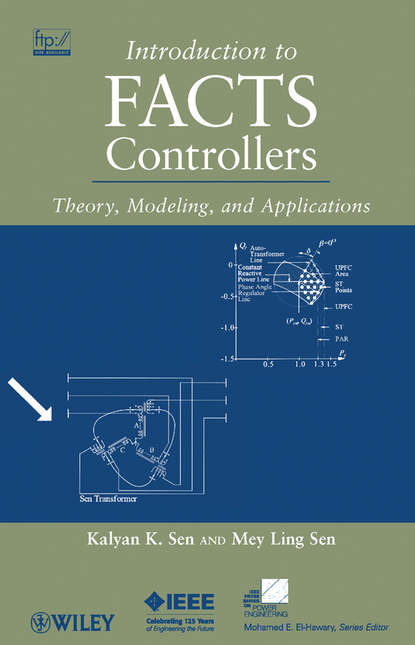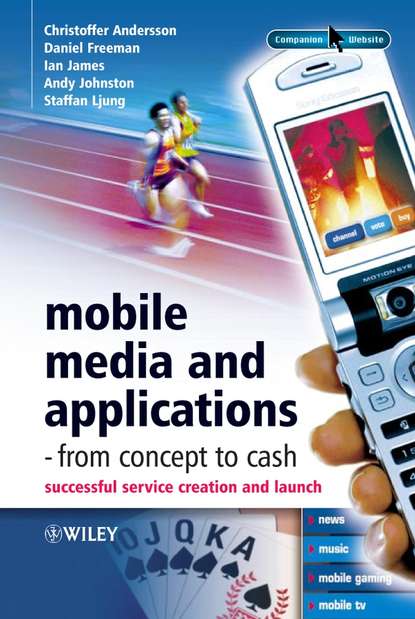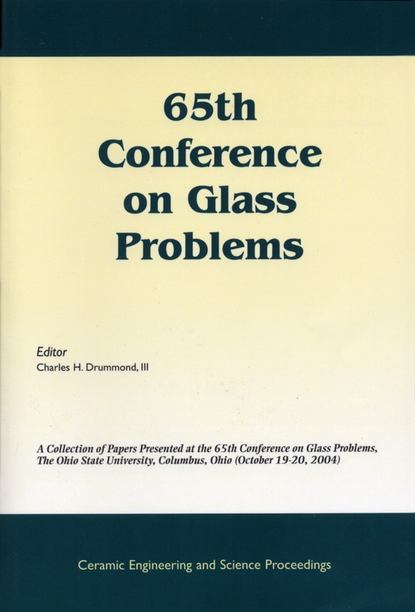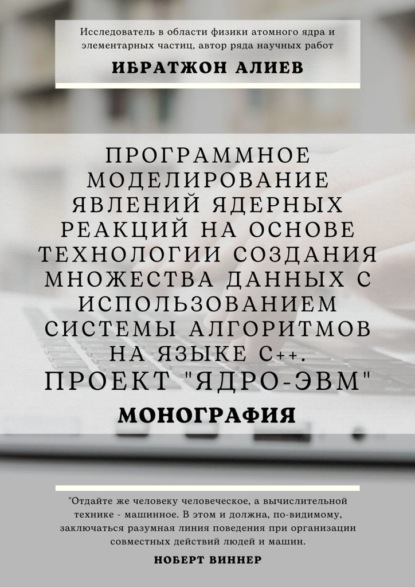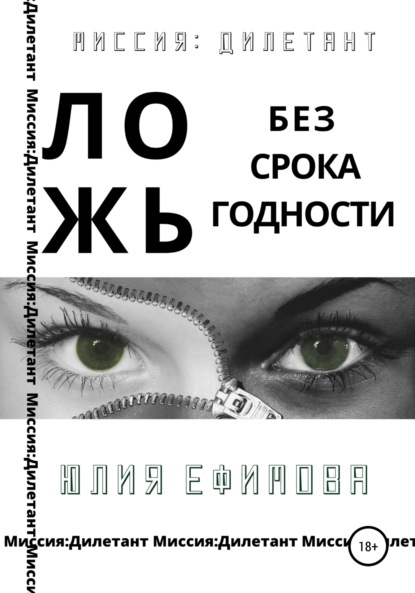По мере развития аудио и телекоммуникационных технологий возрастает потребность в оценке технических и перцептивных характеристик этих инноваций. Растущее число новых технологий (например, кодирование с низким битрейтом) основаны на специфических свойствах слуховой системы, которые часто являются сильно нелинейными. Это означает, что качество звучания таких систем невозможно измерить традиционными физическими методами (такими как искажение, частотная характеристика и т.д.), а только с помощью перцептивной оценки в виде прослушивания. Книга "Перцептивная оценка звука" предоставляет исчерпывающее руководство по множеству переменных, которые необходимо учитывать до, во время и после экспериментов. В том числе выбор содержания программного материала для воспроизведения, технические аспекты создания программного материала, настройка эксперимента, включая калибровку, а также статистическое планирование эксперимента и последующий анализ данных.
"Перцептивная оценка звука":
-
Предоставляет полное и доступное руководство по мотивам, теории и практическому применению перцептивной оценки воспроизведенного звука.
-
Обсуждает все переменные перцептивной оценки, контроль над ними и их возможное влияние на результаты.
-
Подробно освещает все международные стандарты по этой теме.
-
Иллюстрирована таблицами, рисунками и разобранными решениями.
Книга будет интересна инженерам по аудио и речи, а также исследователям в аудио и речевых лабораториях. Также это важный справочный материал для аспирантов в области техники или акустики и студентов, изучающих психоакустику, обработку речи и аудио, цифровую обработку сигналов.
As audio and telecommunications technology develop, there has been an increasing demand to evaluate both the technical performance and listeners' perceptions of these developments. The development of new technology (eg, low bit rate coding) is based on some specific properties relating to the human auditory system, and indeed these properties often result in highly nonlinear interactions. This fact strongly dictates that the quality of audio systems should be subject to perceptual judgements rather than traditionally measured in terms of distortion, voltage etc. In Perceptual Audio Evaliation, numerous variables are discussed which concern conceptions before/during/after experiments. These variables factor in content of programme materials to be heard, production side considerations, experimental settings, statistical design and post-test data analysis. "Perceptual Audio Assessment" presents a complete, navigable manual on the beliefs, principles and progressively applied approach to diagnosing heard sound files. All significant aspects of perceptual testing are fastidiously achieved, conducting probe into their control code and apart possible consequences in results. An international orientation is \ supporting this work, covered comprehensively through tables, sketches and worked solutions have been used. Perceptural Audio Asessment provides a helpful resource for Voice Engineers and Research Experts in Voice Laboratories, and might additionally attract undergraduate skills-based students involved in industrial design as well Figureout, voice processing, and Signals Engineer to find this book an invaluable source.
Электронная Книга «Perceptual Audio Evaluation - Theory, Method and Application» написана автором Nick Zacharov в году.
Минимальный возраст читателя: 0
Язык: Английский
ISBN: 9780470869246
Описание книги от Nick Zacharov
As audio and telecommunication technologies develop, there is an increasing need to evaluate the technical and perceptual performance of these innovations. A growing number of new technologies (e.g. low bit-rate coding) are based on specific properties of the auditory system, which are often highly non-linear. This means that the auditory quality of such systems cannot be measured by traditional physical measures (such as distortion, frequency response etc.), but only by perceptual evaluations in the form of listening tests. Perceptual Audio Evaluation provides a comprehensive guide to the many variables that need to be considered before, during and after experiments. Including the selection of the content of the programme material to be reproduced, technical aspects of the production of the programme material, the experimental set-up including calibration, and the statistical planning of the experiment and subsequent analysis of the data. Perceptual Audio Evaluation: Provides a complete and accessible guide to the motives, theory and practical application of perceptual evaluation of reproduced sound. Discusses all the variables of perceptual evaluation, their control and their possible influence on the results. Covers in detail all international standards on the topic. Is illustrated throughout with tables, figures and worked solutions. Perceptual Audio Evaluation will appeal to audio and speech engineers as well as researchers in audio and speech laboratories. Postgraduate students in engineering or acoustics and undergraduate students studying psychoacoustics, speech audio processing and signal processing will also find this an essential reference.
